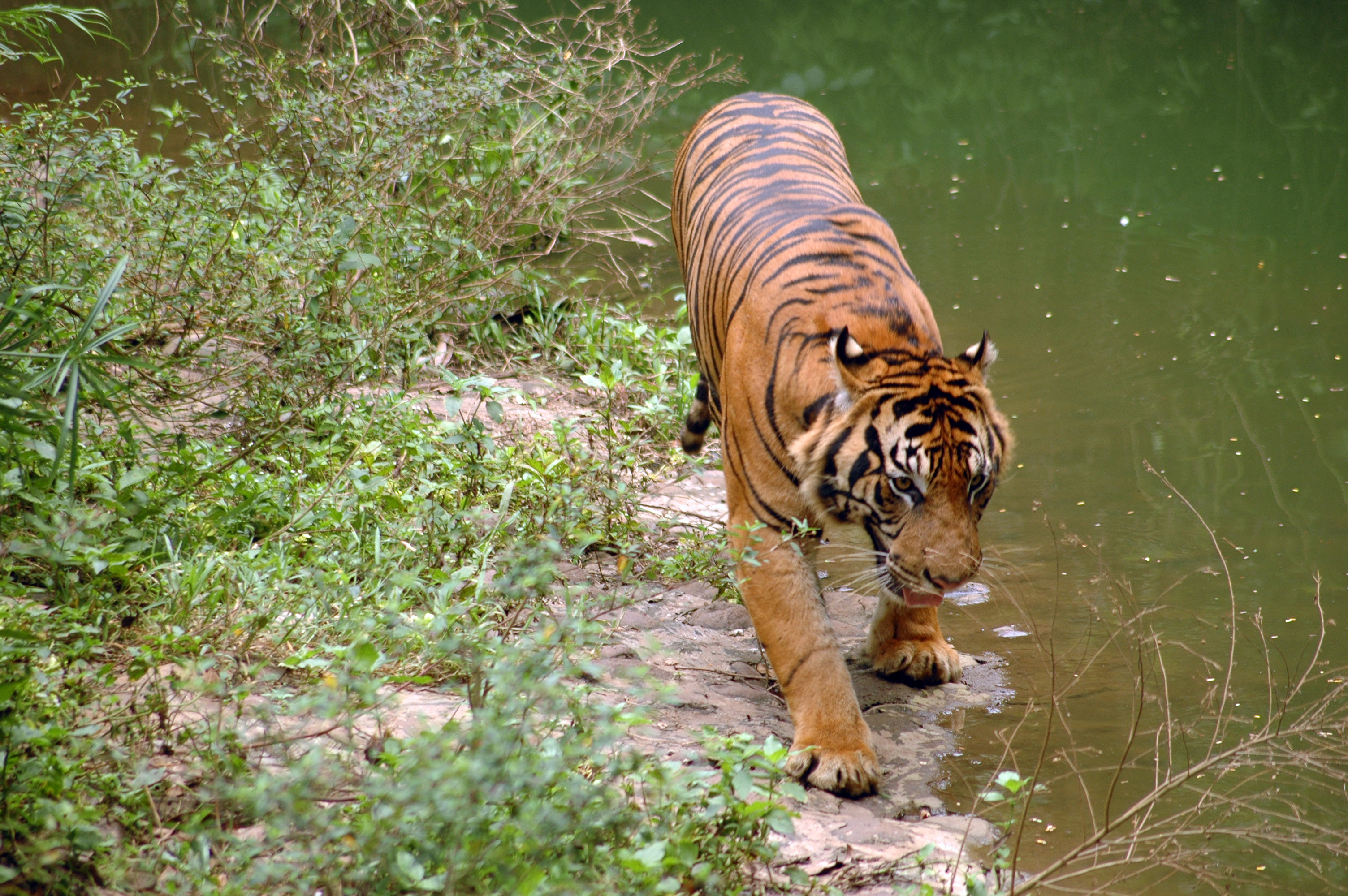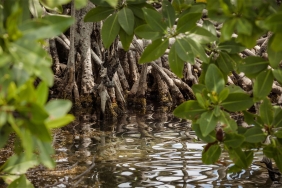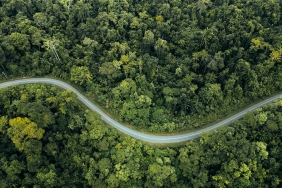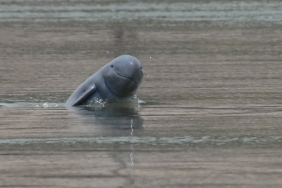CORRUPTION THREATENS SUMATRAN TIGER CONSERVATION
By: Sela Ola Olangi Barus
There is no end to discussing corruption, almost in every sector of life there are loopholes that are utilized by individuals to commit corruption. According to the official website of Transparency International, the definition of corruption is the abuse of entrusted power for personal gain.
Corruption is one of the biggest causes of protected wildlife trade. Corrupt activities related to protected wildlife can occur at every stage of the protected wildlife trade. From perpetuating poachers, to securing the distribution of protected wildlife products. Corruption can even protect poachers from punishment.
Law No. 5 of 1990 concerning Biodiversity and Ecosystems, which only provides a maximum sanction of five years in prison and a fine of Rp 100 million, can be a loophole for individuals to commit acts of corruption. The Secretary of the Directorate General of Law Enforcement of Environment and Forestry (Setditjen-Gakkum), Kemal Amas, has also stated that on average, perpetrators of poaching and trade in protected wildlife are only sentenced to two years in prison. Even on June 8, 2016, the Palembang District Court only sentenced the perpetrator of the Sumatran Tiger trade to 6 months in prison.
Not only in the case of protected wildlife trade, corruption also contributes to the conversion of protected wildlife habitat forests. Massive deforestation has led some to suspect that bribery has taken place in terms of licensing.
As seen from kpkpos.com, Sawit Watch researchers said that corruption irregularities occurred in the process of obtaining Cultivation Rights (HGU) and as many as 40 percent of oil palm plantations operated without HGU. Based on news from Liputan6.com, the results of a study conducted by the KPK in 2014 found the potential for bribery in the forestry licensing sector which reached Rp 22 billion. KPK added that most of the findings were on the island of Sumatra.
Eradicating corruption related to protected wildlife is not only the responsibility of the government and law enforcement. The active role of the Indonesian people is also needed in protecting protected animals, such as the Sumatran Tiger. Guard every legal process related to protected wildlife trade. Report to the authorities if there is a lack of transparency in forest clearing permits, and using paper and tissue wisely can save the habitat of the Sumatran Tiger. Let's fight corruption together to preserve the Sumatran Tiger!





